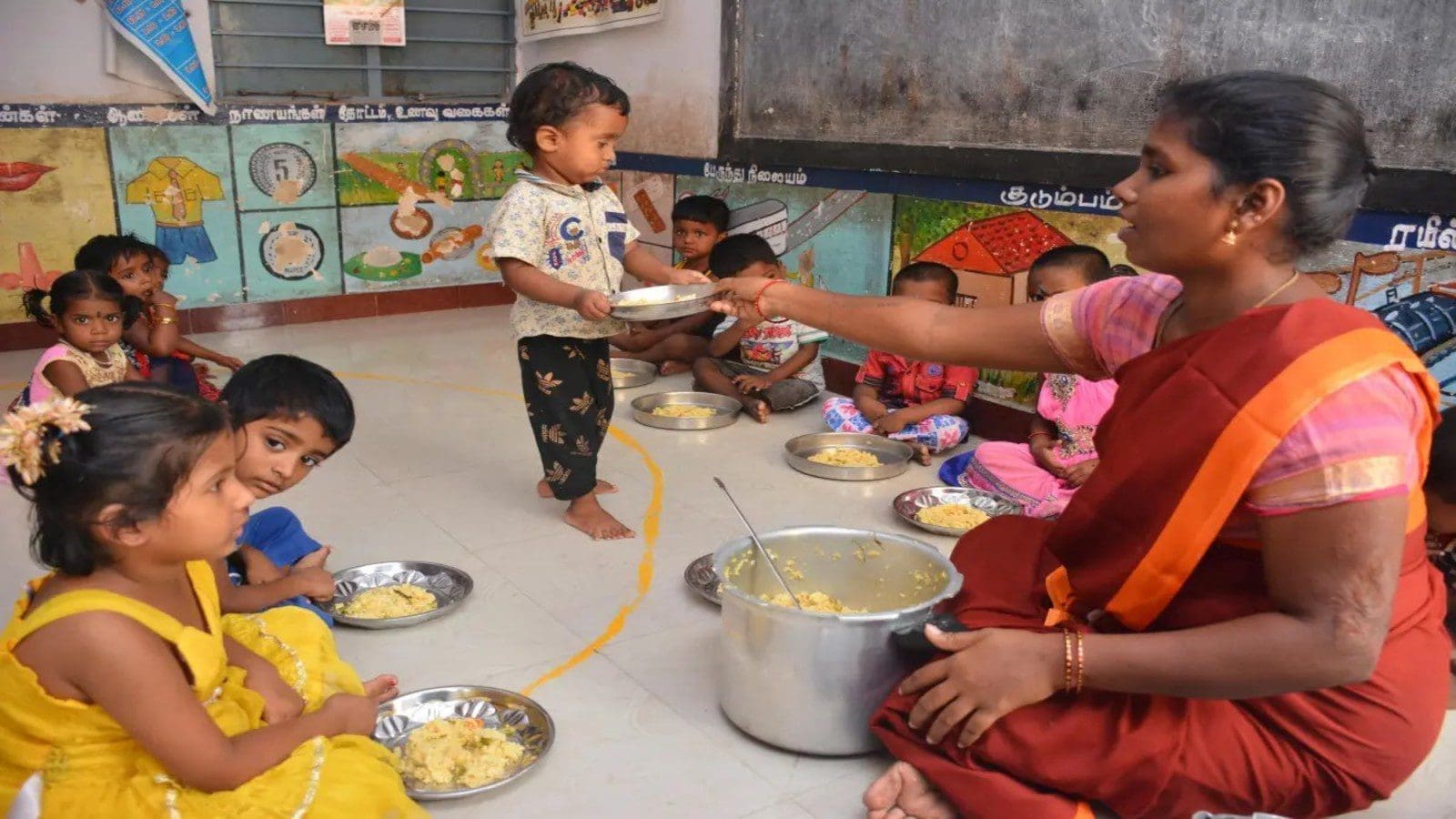INDIA – Twenty-five rural child care centres in India (Anganwadi) of Kanniyakumari district have received Food Safety and Standards Authority of India’s Hygiene Rating Certificates based following a review by the authority.
Anganwadis were started by the Indian government in 1975 as part of the Integrated Child Development Services program to combat child hunger and malnutrition.
According to Collector M. Aravind, the anganwadis, after undergoing rigorous inspection done by the FSSAI team, received the certification for having ensured cleanliness on its premises and serving safe food to the children in a hygienic manner.
The inspectors scrutinized the quality and cleanliness of the utensils being used for making food. The vessels being used for food preparation should be fabricated with non-corrosive and non-toxic material and be easy to clean and disinfect. As per the FSSAI norms, the premises should be clean and have sufficient lighting and adequate ventilation.
“Since these 25 anganwadis met the stipulated standards of FSSAI, the anganwadis have bagged the Hygiene Rating Certificate.”
The Collector said the restaurants, bakeries and snacks, banana and potato chips manufacturing units had been instructed not to use cooking oil repeatedly to avoid health issues, but instead dispose it to biodiesel firms.
“Heating the cooking oil multiple times produces bad cholesterol which can cause serious arterial blocks. Since the used cooking oil can be converted into bio-diesel, the restaurants, bakeries and snacks manufacturing units have been told to give the used cooking oil to the firms authorized to prepare bio-diesel under the RUCO (Repurpose Used Cooking Oil) programme.”
Consumers have been called upon to register complaints of defaulting restaurant, bakery or the snacks manufacturing units with the Food Safety Department.
Mr. Aravind enlightened that business establishments selling eatables should not use newspapers or printed papers as packaging material. He urged officials to strictly enforce the High Court’s directive that the workers of eateries, bakeries, grocery stores, super markets, sweet stalls should not use saliva or blow to separate the sticky packaging materials.
Additionally, he encouraged impromptu inspections to check compliance with set regulations.








